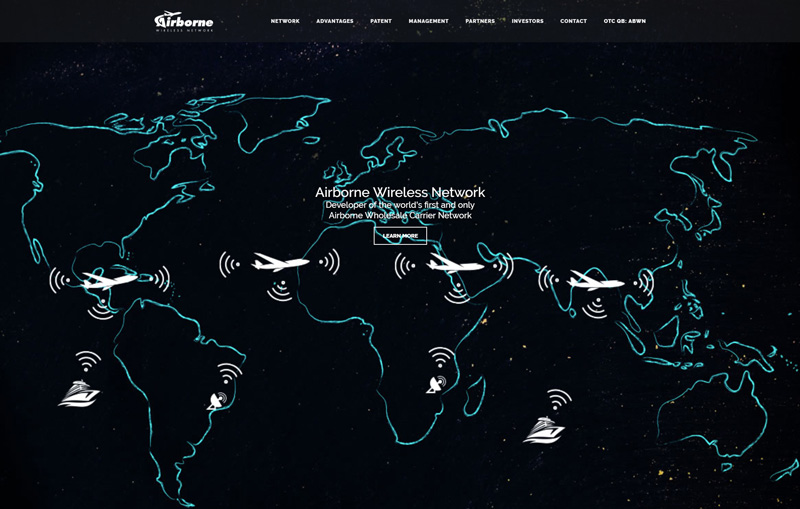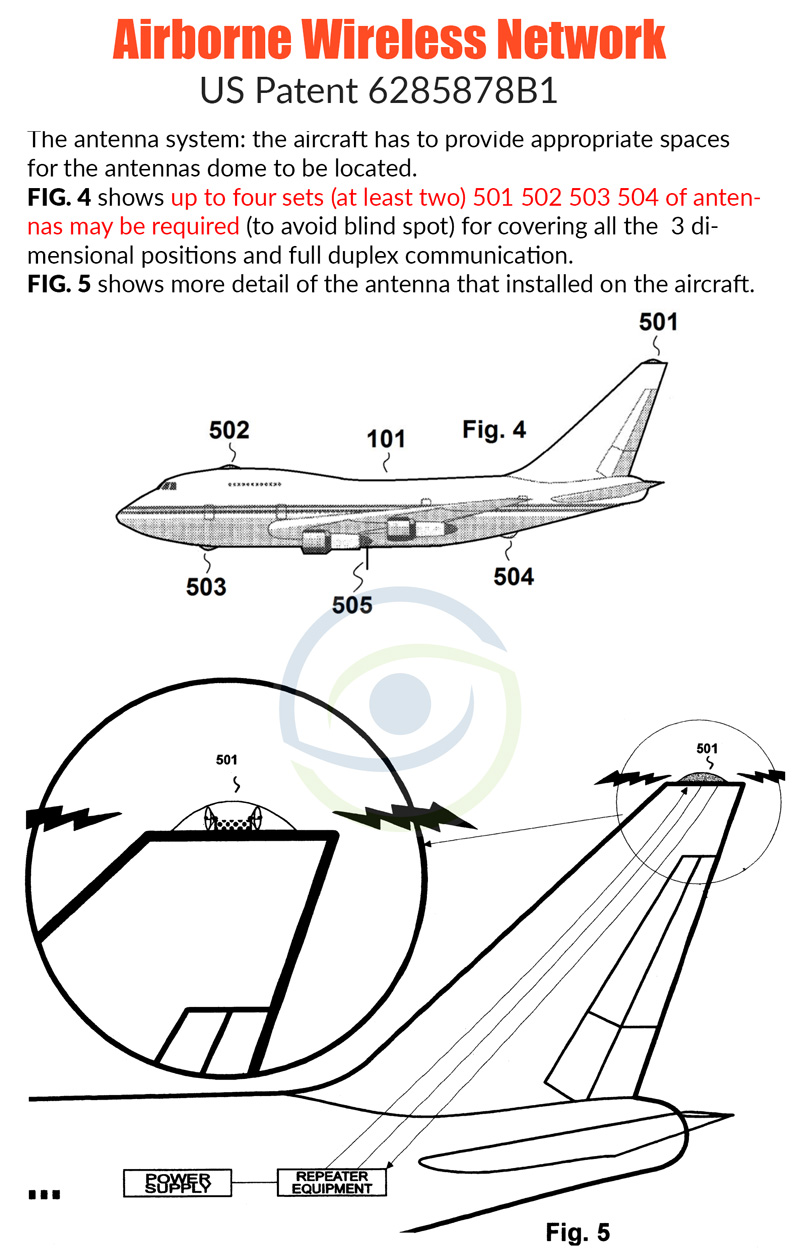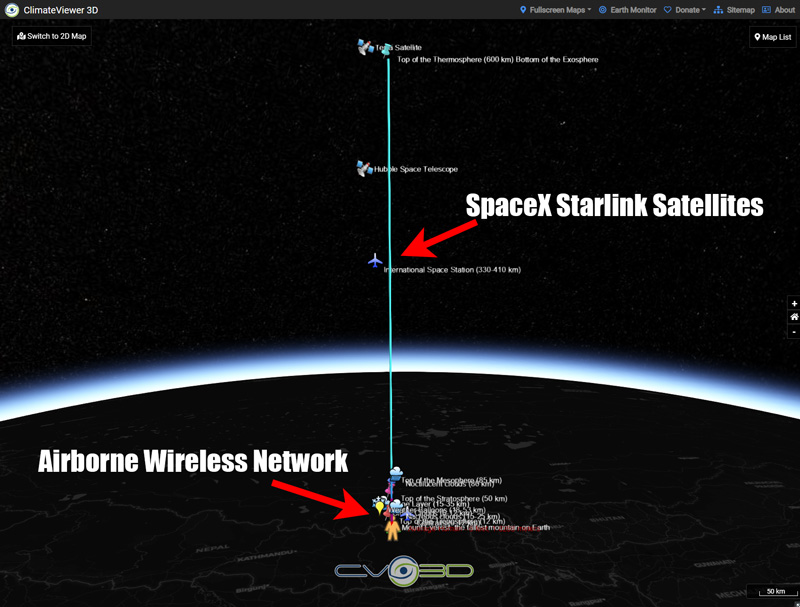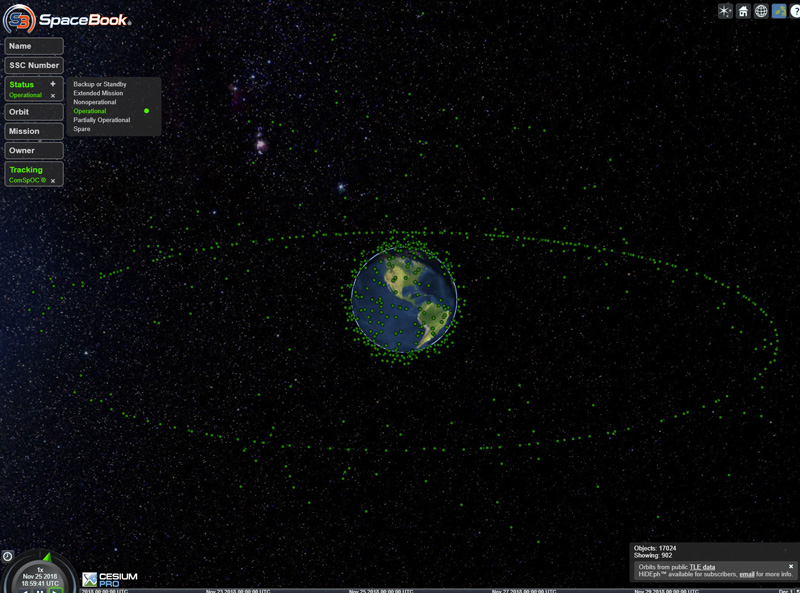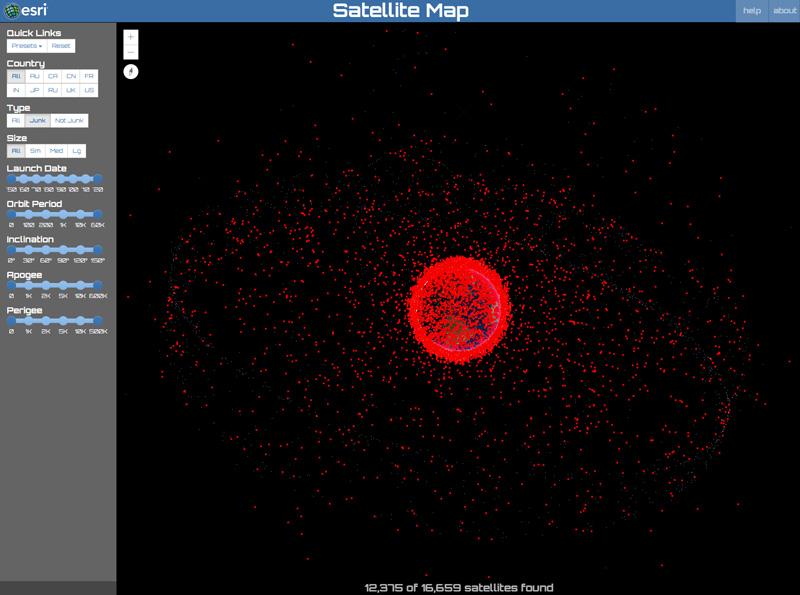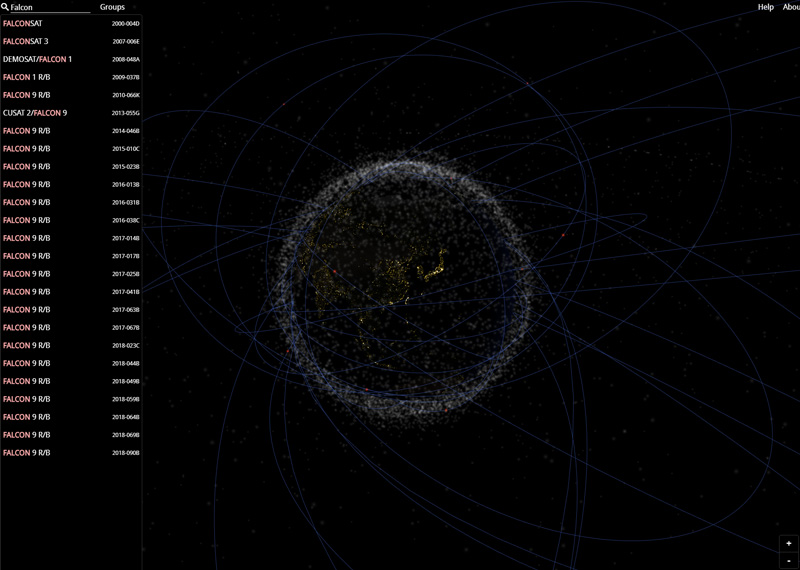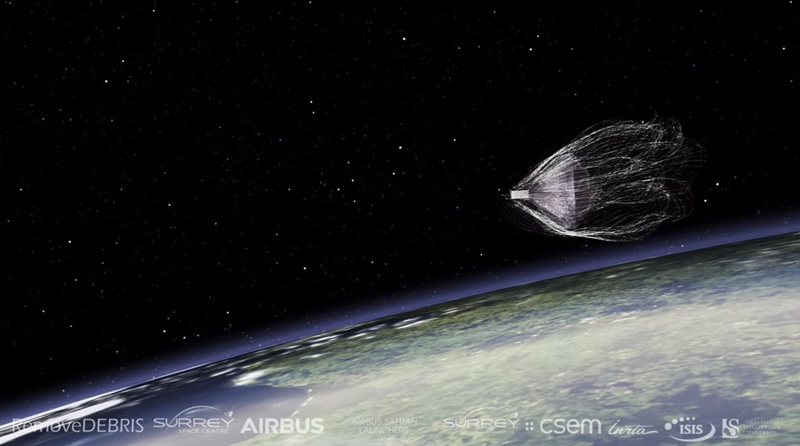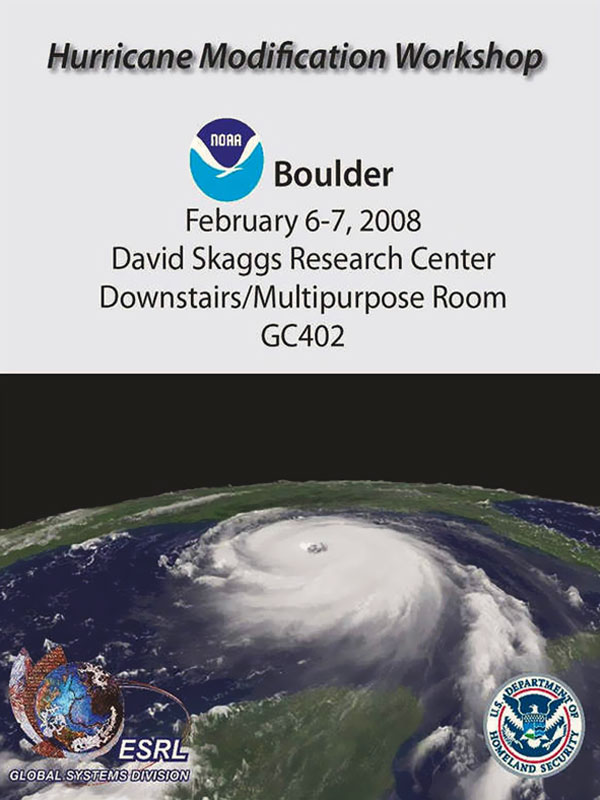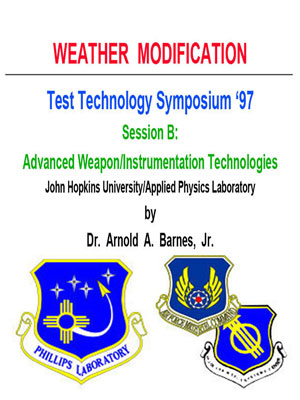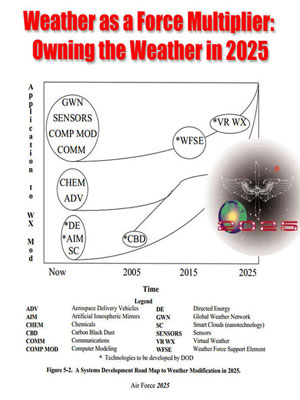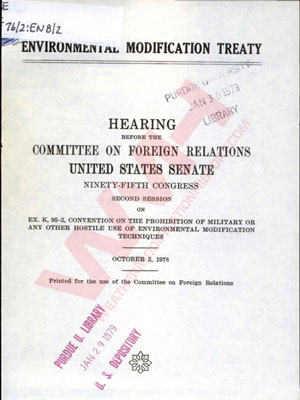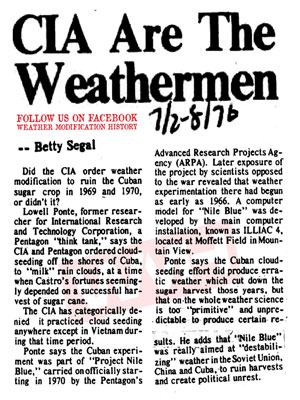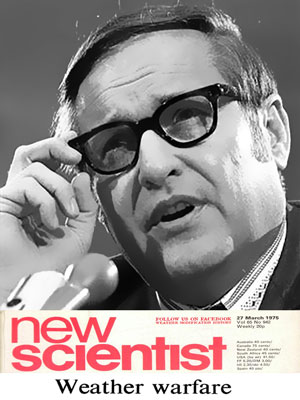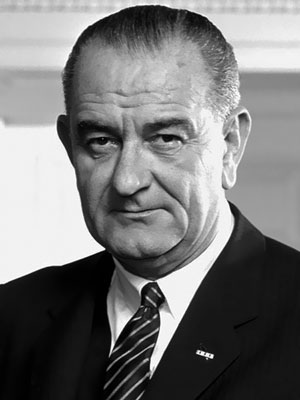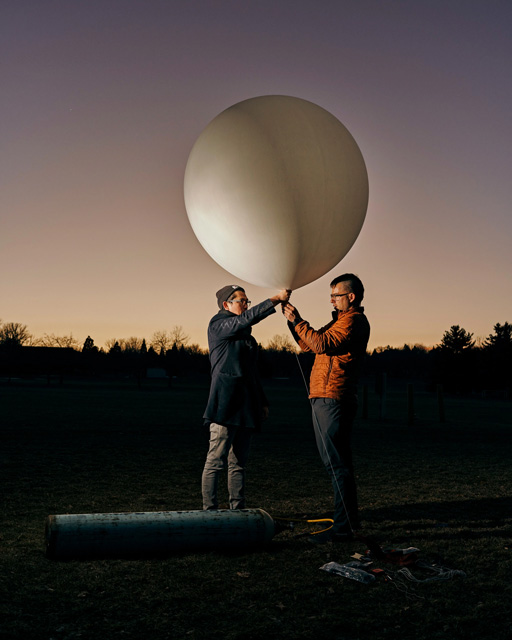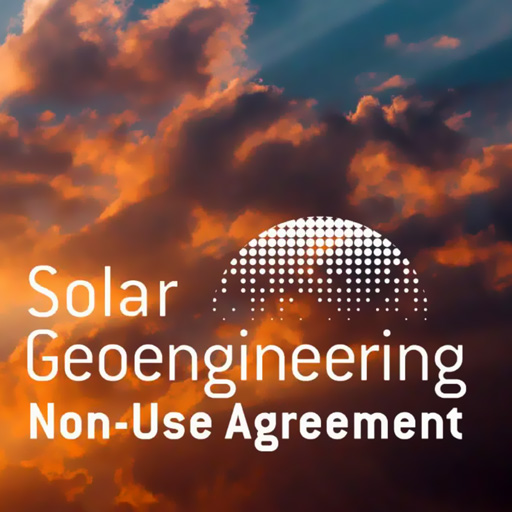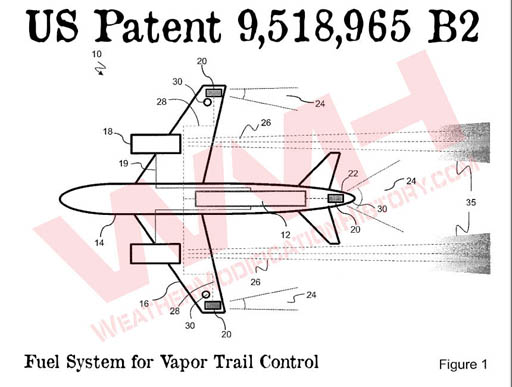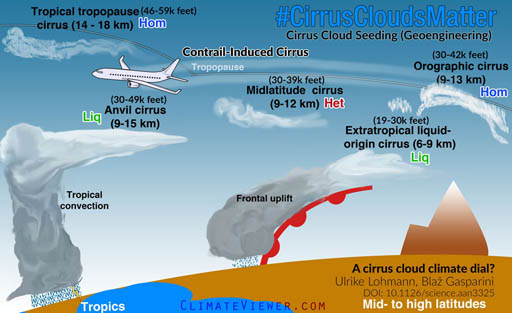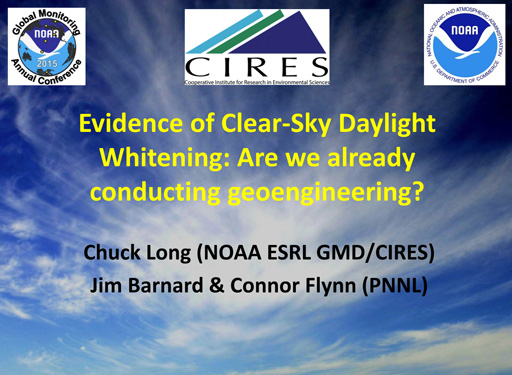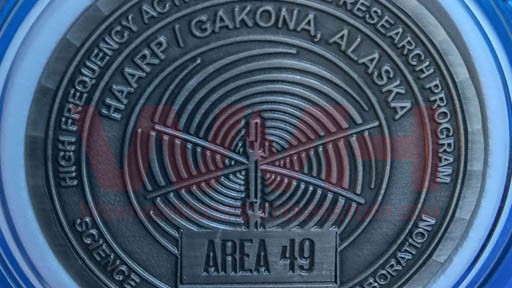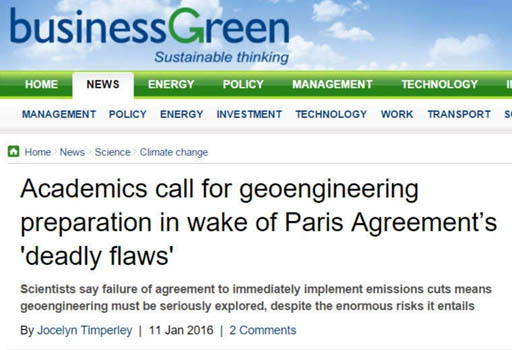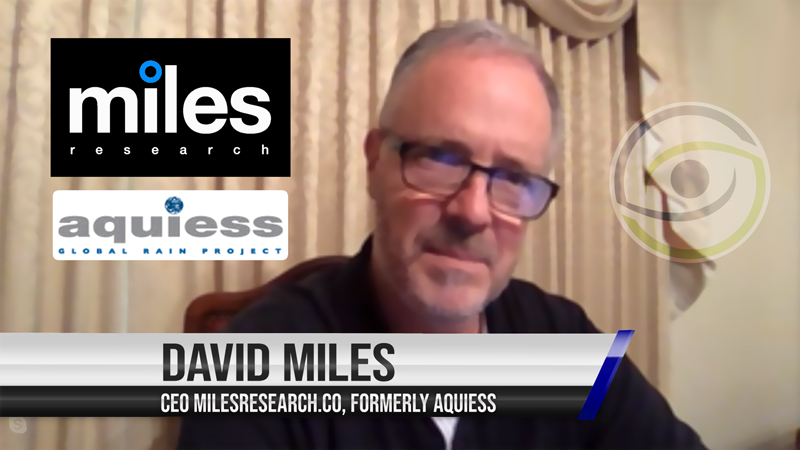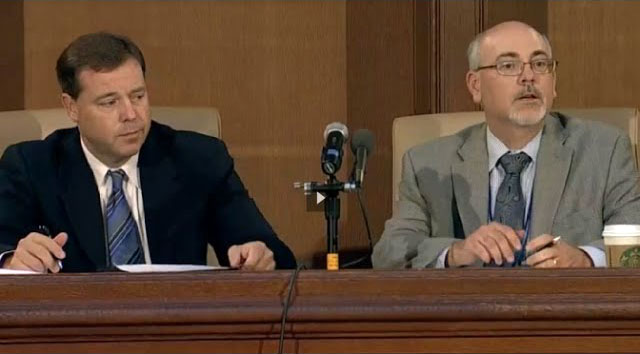Satellite Broadband
Facebook Confirms It’s Working on a New Internet Satellite - July 20, 2018
https://www.wired.com/story/facebook-confirms-its-working-on-new-internet-satellite/
The emails show that the social network wants to launch Athena, its very own internet satellite, in early 2019. The new device is designed to “efficiently provide broadband access to unserved and underserved areas throughout the world,” according to an application the social network appears to have filed with the FCC under the name PointView Tech LLC.
With the filing, Facebook joins Elon Musk’s SpaceX and Softbank-backed OneWeb, two well-funded organizations working on similar projects. In fact, SpaceX launched the first two of what it hopes will be thousands of its Starlink satellites just this past February.
SpaceX Starlink: Here’s everything you need to know - November 4, 2018
https://www.digitaltrends.com/cool-tech/what-is-spacex-starlink/
FCC tells SpaceX it can deploy up to 11,943 broadband satellites - November 15, 2018
SpaceX today received US approval to deploy 7,518 broadband satellites, in addition to the 4,425 satellites that were approved eight months ago.
The Federal Communications Commission voted to let SpaceX launch 4,425 low-Earth orbit satellites in March of this year. SpaceX separately sought approval for 7,518 satellites operating even closer to the ground, saying that these will boost capacity and reduce latency in heavily populated areas. That amounts to 11,943 satellites in total for SpaceX's Starlink broadband service.
SpaceX "proposes to add a very-low Earth orbit (VLEO) NGSO [non-geostationary satellite orbit] constellation, consisting of 7,518 satellites operating at altitudes from 335km to 346km," the FCC said in the draft of the order that it approved unanimously today. The newly approved satellites would use frequencies between 37.5 and 42GHz for space-to-Earth transmissions and frequencies between 47.2 and 51.4GHz for Earth-to-space transmissions, the FCC said.
The FCC's March 2018 approval of SpaceX's first batch of satellites required SpaceX to launch 50 percent of the 4,425 satellites by March 2024 and all of them by March 2027.
FCC BOOSTS SATELLITE BROADBAND CONNECTIVITY AND COMPETITION IN THE UNITED STATES
https://www.fcc.gov/document/fcc-boosts-satellite-broadband-connectivity-competition
https://docs.fcc.gov/public/attachments/DOC-355102A1.pdf
Aircraft Broadband
Airborne Wireless Network
https://www.airbornewirelessnetwork.com/index.asp
For its Wholesale Carrier Network, AWN intends to use commercial aircraft as “mini-satellites”. The company’s primary target customer-base will be worldwide data and communications service providers.
No Space Junk
Unlike satellites, which can be disabled or knocked out of orbit by space-junk, AWN’s system operates in a safe and controlled environment, typically between 20,000 and 40,000 feet (6,000-12,000 m). Space junk has been known to cause serious damage to commercial and military satellites. The proposed launch of thousands more satellites translates to huge amounts of additional space-junk. Scientists estimate that by 2025 over 2 billion pieces of manmade space junk could be orbiting the earth, jeopardizing the future manned space travel.
US Patent 6285878B1 - “Broadband wireless communication systems provided by commercial airlines”
https://patents.google.com/patent/US6285878B1/en
https://www.airbornewirelessnetwork.com/awn-patent.pdf
The Atmosphere of the Earth - ClimateViewer 3D
5G
Information on 5G - Wikipedia
https://en.wikipedia.org/wiki/5G#New_radio_frequencies
New radio frequencies
The air interface defined by 3GPP for 5G is known as New Radio (NR), and the specification is subdivided into two frequency bands, FR1 (<6 GHz) and FR2 (mmWave), each with different capabilities.
Frequency range 1 (< 6 GHz)
The maximum channel bandwidth defined for FR1 is 100 MHz. Note that beginning with Release 10, LTE supports 100 MHz carrier aggregation (five x 20 MHz channels.) FR1 supports a maximum modulation format of 256-QAM while LTE has a maximum of 64-QAM, meaning 5G achieves significant throughput improvements relative to LTE in the sub-6 GHz bands. However LTE-Advanced already uses 256-QAM, eliminating the advantage of 5G in FR1.
Frequency range 2 (24–86 GHz)
The maximum channel bandwidth defined for FR2 is 400 MHz, with two-channel aggregation supported in 3GPP Release 15. The maximum phy rate potentially supported by this configuration is approximately 40 Gbit/s. In Europe, 24.25–27.5 GHz is the proposed frequencies range
Wi-Fried! Cellphones, WiFi, and EMF Health Effects
https://climateviewer.com/emf/
What Can I Do About EMF Exposure?Chevalier, Gaétan et al. “Earthing: Health Implications of Reconnecting the Human Body to the Earth’s Surface Electrons.” Journal of Environmental and Public Health 2012 (2012): 291541. PMC. Web. 17 Nov. 2017.
- Limit your use! Turn off or unplug cellphones, WiFi, and Bluetooth devices at night. Do not use cellphones in your car. Use wired internet and phone devices instead of wireless ones.
- EARTHING! GROUND YOURSELF! - Place BARE feet on wet soil, mud, or dirt. This will allow excess electricity to pass from your body. Recent scientific studies have confirmed what native tribes have known for centuries: The Earth Heals. Mud pits, burying bodies to the neck, and the like have been long used to cure ailments. It seems this ancient therapy has a modern use. Get Grounded.
Space Junk
FCC LAUNCHES REVIEW OF SATELLITE ORBITAL DEBRIS MITIGATION RULES IN NEW SPACE AGE
https://docs.fcc.gov/public/attachments/DOC-355099A1.pdf
SpaceBook® Satellite Tracking - Operational Satellites
http://apps.agi.com/SatelliteViewer/?Status=Operational
ESRI Space Junk Map
https://maps.esri.com/rc/sat2/index.html#
Project West Ford - 480,000,000 copper needles launched in space, 1963
https://climateviewer.com/project-west-ford-space-needles/
Stuff In Space Map
West Ford Needles: http://stuffin.space/?search=westford
SpaceX Rocket Bodies: http://stuffin.space/?search=falcon
NASA Astromaterials Research & Exploration Science - Orbital Debris Program Office
https://www.orbitaldebris.jsc.nasa.gov/photo-gallery.html
Active Space Debris Removal 3 ACT-Madrid Ion Beam Shepherd
https://www.youtube.com/watch?v=47_bPyYh6kI
New Space Junk Solution Would Clean Up Debris With Ion Beams
https://www.popularmechanics.com/space/satellites/a23490588/new-space-junk-removal-system/
Space junk is a growing problem, and with the private space industry racing to make tourism in Low Earth Orbit (LEO) it will only become more pressing. The European Space Agency estimated in 2017 that there were 19,894 pieces of space junk circling the Earth, coming to a combined weight of least 8,135 tonnes. An international research project from Japan and Australia offers a new potential solution: an ion beam shepherd (IBS), a still-hypothetical contactless approach originally designed for asteroid deflection.
The IBS is a relatively new concept, formally introduced to the world in an academic paper in 2012. Originally pitched for asteroid deflection, the paper describes it as a beam which "can be generated with state-of-the art ion engines from a hovering spacecraft with no need for physical attachment or gravitational interaction with the celestial body."
With a satellite shooting out a plasma beam and multiple propulsion systems keeping it in place, the system could hypothetically move large asteroids. And now, say scientists, it could be used to clear out space junk orbiting the Earth. Instead of shoving an asteroid to the side, it would push debris towards the Earth's atmosphere, letting it burn up harmlessly.
Plasma Thruster: New Space Debris Removal Technology
https://www.tohoku.ac.jp/en/press/space_debris_removal_technology.html
This Space Junk Removal Experiment Will Harpoon & Net Debris in Orbit
https://www.space.com/40221-space-junk-debris-sweeper-experiment.html


